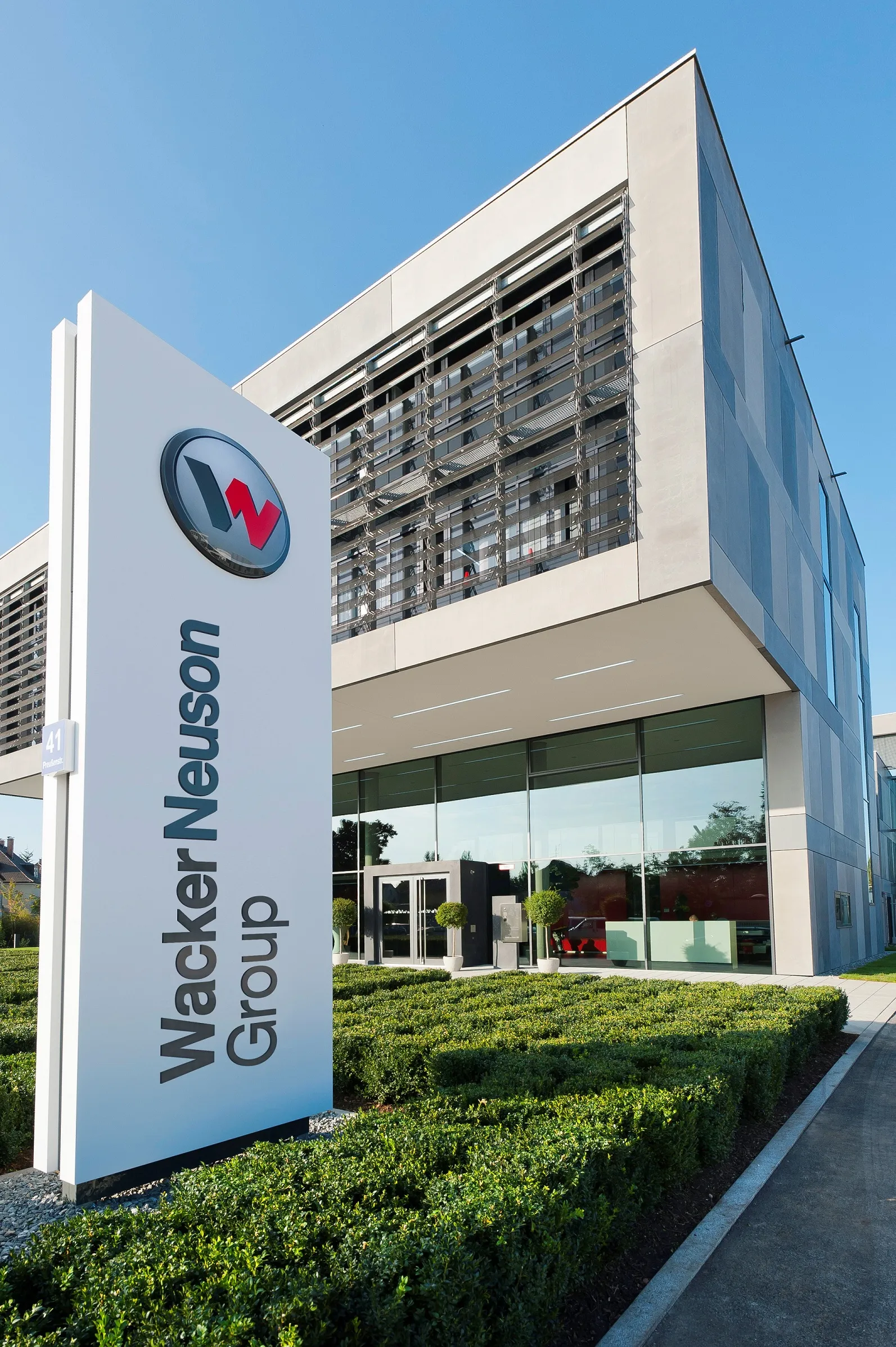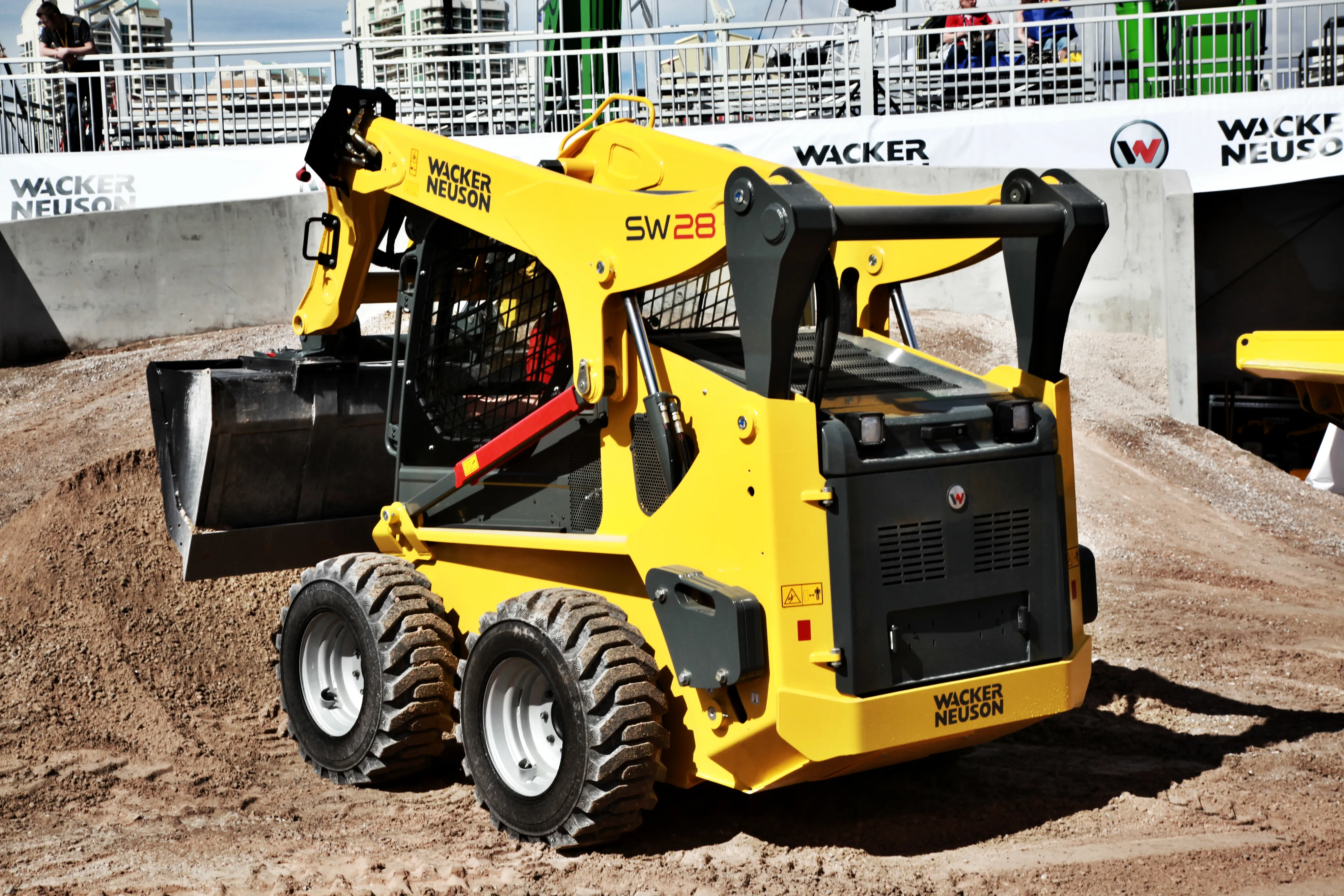
Revenue for the first half of 2018 rose 8% to a new record high of €825 million, compared with €764 million for the same period in 2017. Adjusted for currency effects, this corresponds to an increase of 12%. Revenue growth was driven primarily by continued high levels of demand in the construction market and strong performance in the European agricultural sector. Bottlenecks among some suppliers prevented machines from being completed for customer orders and this had a dampening effect. Furthermore, unfavorable currency developments, in particular the US dollar’s weakness against the euro, resulted in negative translation effects.
In Europe, which is the Group’s largest sales market, revenue for the first half of 2018 rose 8% to €599 million, compared with (€556 million for the same period in 2017. This region’s share of Group revenue remained unchanged at 73%. “Our strong performance in this region was fuelled by a buoyant construction market, positive development of our Kramer and Weidemann brands in the agricultural sector and growth in our services segment, which includes our maintenance and spare parts business,” explained Martin Lehner, CEO of Wacker Neuson.
Revenue for the Americas region rose 9% to €202 million, compared to €185 million for the same period in 2017. The weak US dollar had a particularly strong impact in this region. When adjusted for currency effects, revenue rose 21%. A high level of investment activity among rental chains in North America and strong sales of compact equipment had a positive effect on business. “Our skid steer loaders manufactured in the US are key products in our compact equipment portfolio, helping us to win more market shares in the region with other products such as excavators and dumpers,” added Lehner.
Revenue in Asia-Pacific rose 4% to €24 million, compared with €23 million for the same period in 2017. The strong euro also squeezed growth figures here. Adjusted for currency effects, revenue rose 11%.
Profit before interest and tax (EBIT) grew by a substantial 28% to reach €78 million in the first half year, compared to €61 million for the same period in 2017. This corresponds to an EBIT margin of 9.5%, compared to 8% for the same period in 2017.
The rise in revenue coupled with strict cost control measures and improvements to internal processes had a positive impact. Increased material prices had a dampening effect, as did material bottlenecks among suppliers, which disrupted workflows at production facilities. Productivity was also affected by ongoing restructuring initiatives across US production plants and the start of production at the new factory in Pinghu, China.
In June 2018, Wacker Neuson sold a real-estate company with an industrial property in Munich-Milbertshofen. The property was no longer required following the construction of a new R&D centre for light equipment in Reichertshofen. The sale generated profit before tax of €54.8 million.
”Due to the current healthy situation on international construction and agricultural markets, our most important target markets are intact and our order books are well filled,” continued Lehner. The company has confirmed its guidance for fiscal 2018 and expects revenue to rise by 8 - 11% to reach between €1.65 and €1.7 billion, compared with €1.53 billion for the same period in 2017. The target corridor for the EBIT margin remains at 9 – 10%.
However the firm cautioned that uncertainties remain regarding the challenging situation with suppliers and future exchange rate developments, especially in relation to the US dollar.









